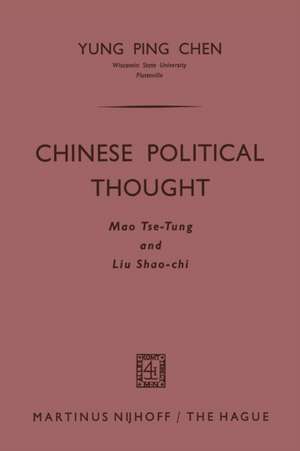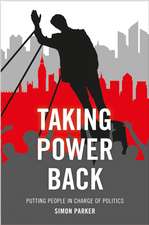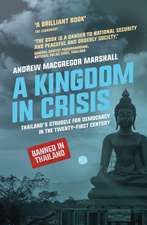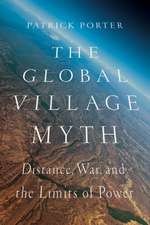Chinese Political Thought: Mao Tse-Tung and Liu Shao-chi
Autor Yung Ping Chenen Limba Engleză Paperback – 1966
Preț: 379.09 lei
Nou
Puncte Express: 569
Preț estimativ în valută:
72.54€ • 77.57$ • 60.48£
72.54€ • 77.57$ • 60.48£
Carte tipărită la comandă
Livrare economică 17 aprilie-01 mai
Preluare comenzi: 021 569.72.76
Specificații
ISBN-13: 9789401500296
ISBN-10: 9401500290
Pagini: 140
Ilustrații: 118 p. 2 illus.
Dimensiuni: 155 x 235 x 7 mm
Greutate: 0.2 kg
Ediția:1966
Editura: SPRINGER NETHERLANDS
Colecția Springer
Locul publicării:Dordrecht, Netherlands
ISBN-10: 9401500290
Pagini: 140
Ilustrații: 118 p. 2 illus.
Dimensiuni: 155 x 235 x 7 mm
Greutate: 0.2 kg
Ediția:1966
Editura: SPRINGER NETHERLANDS
Colecția Springer
Locul publicării:Dordrecht, Netherlands
Public țintă
ResearchCuprins
I. Biographical sketch.- II, Philosophical viewpoint.- III. Chinese conditions.- IV. Democratic revolution.- V. Socialist revolution.- VI. State and government.- VII. The Communist party.- VIII. Nationalism and internationalism.- IX. Sino-Soviet ideological conflict.- Conclusions.













